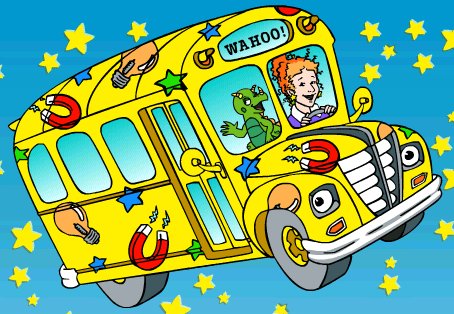On a recent day of catching up on my reading, I stumbled upon an article by Amanda Baker titled, “Recognizing Ms. Frizzle's Own Magic.” In the article, Ms. Baker talks about how she doesn’t remember anything about her childhood science classes, but can remember every episode of The Magic School Bus. As such, she takes a look at what The Magic School Bus and Ms. Frizzle can teach us about how to approach science education, and really any form of maker education for that matter. What follows is a dive into some of the most important lessons all educators can learn from Ms. Frizzle.
Photo Credit: RPG4
Let Students Make Mistakes
A large part of learning is trying out different ideas and seeing what works. If students are never given the chance to try out an idea you know won’t work, they’ll never learn why it doesn’t work. Mistakes are a part of learning. It’s rare to get things right the first time and learning how to deal with failure, and using it to inspire the next idea, is incredibly important for developing minds.
Go With the Flow
This goes along with the above idea of letting kids make mistakes. Sometimes in the course of a lesson, a student might have a great idea that is only tangentially related to the course. By allowing them to explore that idea in a constructive way, you may find that it is more related to the lesson than anyone originally thought.
Allow Learning to Happen Naturally
Don’t force students to follow a strict set of rules for how they will learn, instead let them find their own way along the path. While the scientific method is great and important for students to understand, it can be too restricting for some students. Instead, find ways to allow the learning to happen and then relate it to what you need them to know. In this example, let students create a project and see it through to the end and then talk about how the actions they took throughout relate to the scientific method.
What’s the one show that always stuck with you and how can you apply those lessons to your own instruction?



Maker Education, getting started, helpful information